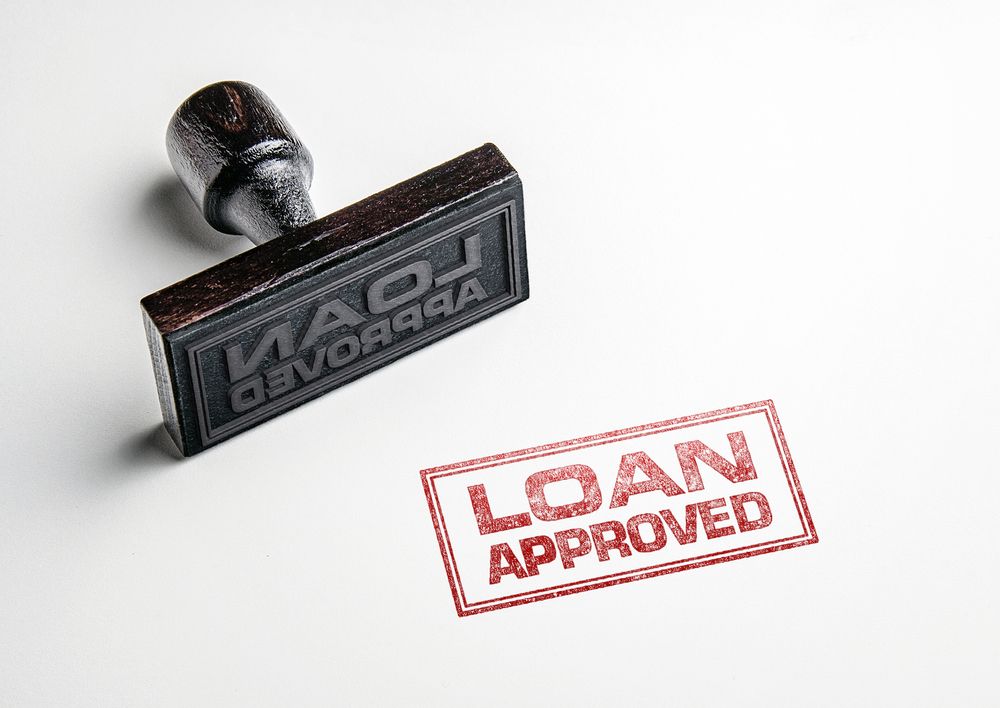CashCall Ordered to Pay $167 Million in High-Interest Loan Case

A federal judge has ordered the high-cost consumer lender CashCall to pay $167 million in connection with unjust gains from small-dollar loans in a case brought by the Consumer Financial Protection Bureau (CFPB) in December 2013.
U.S. District Judge John Walter ruled that CashCall must pay $134 million in restitution to consumers. He also ordered the California-based lender to pay a more than $33 million fine to the CFPB.
The judge found that CashCall customers "had no legal obligation to pay" interest and fees after the nonbank lender worked with the now-defunct Western Sky Financial to circumvent state usury caps by overstating its affiliation with a sovereign Native American tribe, the Cheyenne River Sioux.
The CFPB alleged that CashCall engaged in deceptive acts and that the lender charged excessive interest or failed to obtain a required license. The companies allegedly funded, purchased, serviced, and collected online high-rate installment loans made by a tribally-affiliated lender the CFPB did not sue.
DC Lawsuit
It'a not the first day in court for CashCall. In 2017, the lender agreed to return payments of more than $1.8 million made by District of Columbia consumers and will forgive more than $1 million in remaining debts to settle a lawsuit the Office of the Attorney General (OAG) filed in 2015.
“Extremely high-interest loans, like the ones this company offered, trap borrowers in debt and are illegal in the District of Columbia,” said Attorney General Karl A. Racine. “More than 1,300 District residents who were victimized by these lending practices will get back some of the money they paid to CashCall to cover exorbitant -- and illegal -- interest rates.”
In that lawsuit, D.C. argued that CashCall violated the District’s Consumer Protection Procedures Act and Debt Collection Law by charging consumers illegal interest rates that ranged from 80 percent to 169 percent -- rates well over the maximum interest rate of 24 percent allowed under District law.
CashCall argued that it was merely a servicer and that its loans were made by a Native American tribe, and were thus not subject to the District’s lending laws. The Superior Court of the District of Columbia rejected this argument, finding that CashCall was the true lender and thus subject to the District’s usury statute. D.C. also accused CashCall of engaging in lending activities without obtaining the required Money Lender’s License.
